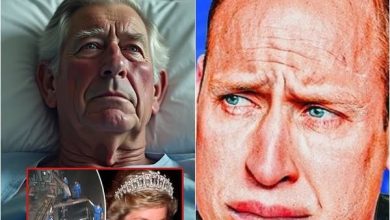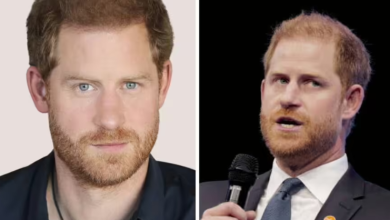As more attention is drawn to the royal family’s wealth, this nation seeks complete independence and attempts to secede from its British monarchy.
In a crucial step toward becoming a republic, Jamaica has presented a bill to depose King Charles III as its head of state. In response to popular calls by Jamaicans to break their connections with the British monarchy, Minister of Legal and Constitutional Affairs Marlene Malahoo Forte introduced the legislation in parliament.
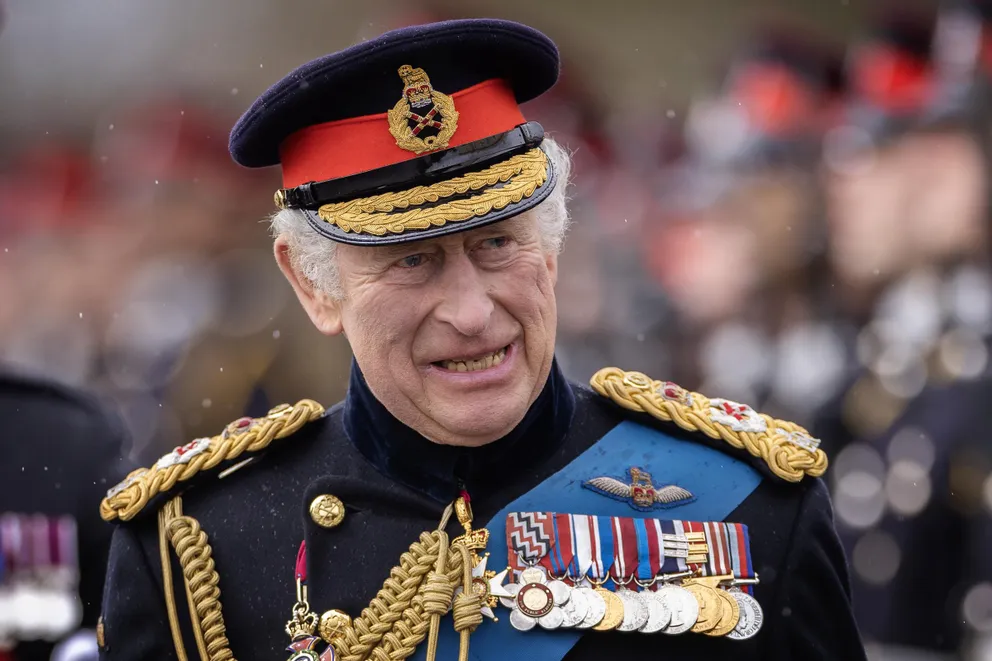
Following a lengthy period of British colonial control, there is a push for change. After seizing the island in 1655, England used slave labor to establish a plantation economy centered on sugar, cocoa, and coffee. After slavery was outlawed in 1834, hundreds of people were set free to start small farms.
The nation became more independent throughout time, joining the Federation of the West Indies in 1958, withdrawing from it in 1961, and becoming a sovereign nation in 1962. Nonetheless, a governor general continued to represent the British queen as the ceremonial head of state.

“Each year, as we mark our independence on August 6, the nation is encouraged to reflect on our progress since gaining independence and what remains to be accomplished, and annually the question arises: when will we abolish the monarchy and have a Jamaican head of state?” stated Malahoo Forte, as reported by The Guardian on December 13.
The proposed new legislation seeks to replace the monarchy with a Jamaican president and includes other reforms, such as expanding the senate to include members appointed outside of political parties. However, the process of implementing these changes is complicated.
The bill must undergo committee review, gain parliamentary approval, and be put to a national referendum before it can become law. Opposition leaders have raised concerns about the lack of judicial reforms in the bill, especially the continued use of the UK-based privy council instead of the Caribbean Court of Justice.
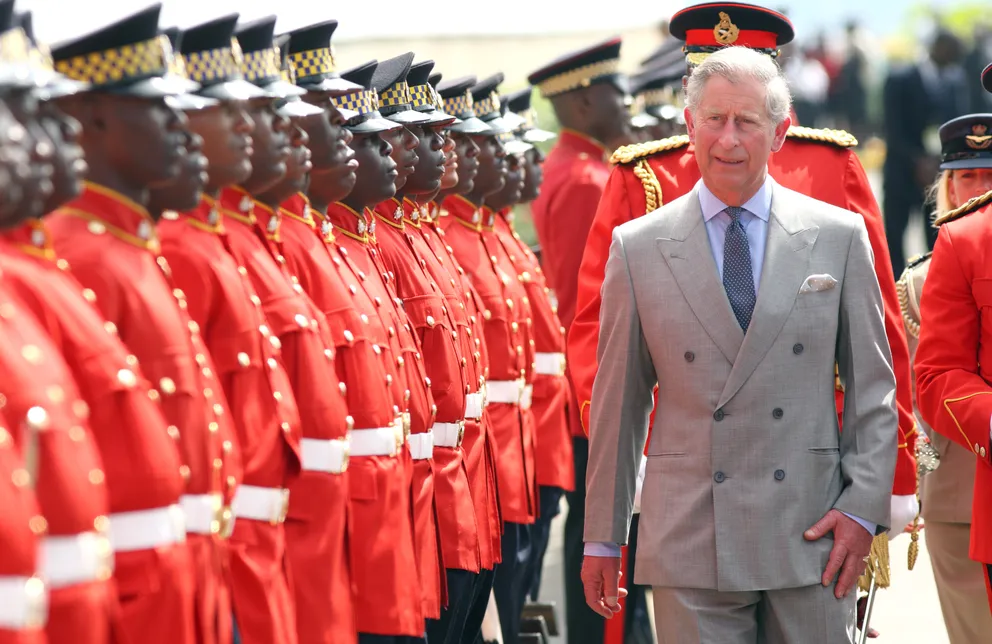
Senator Donna Scott-Mottley, the opposition spokesperson for justice from the People’s National Party, argued, “We do not believe you can say that you’re fully decolonised if you still retain the privy council as your apex court. So you cannot leave the king but still have to petition him when you want justice to be delivered to your people – and the privy council as the apex court is an anachronism in this context.”
However, Scott-Mottley emphasized the need for cross-party support for the bill, noting, “At the end of the day, this is not about political parties, it’s about our nation. It’s about our people and it’s about closing the full circle of independence for the people of our country.”
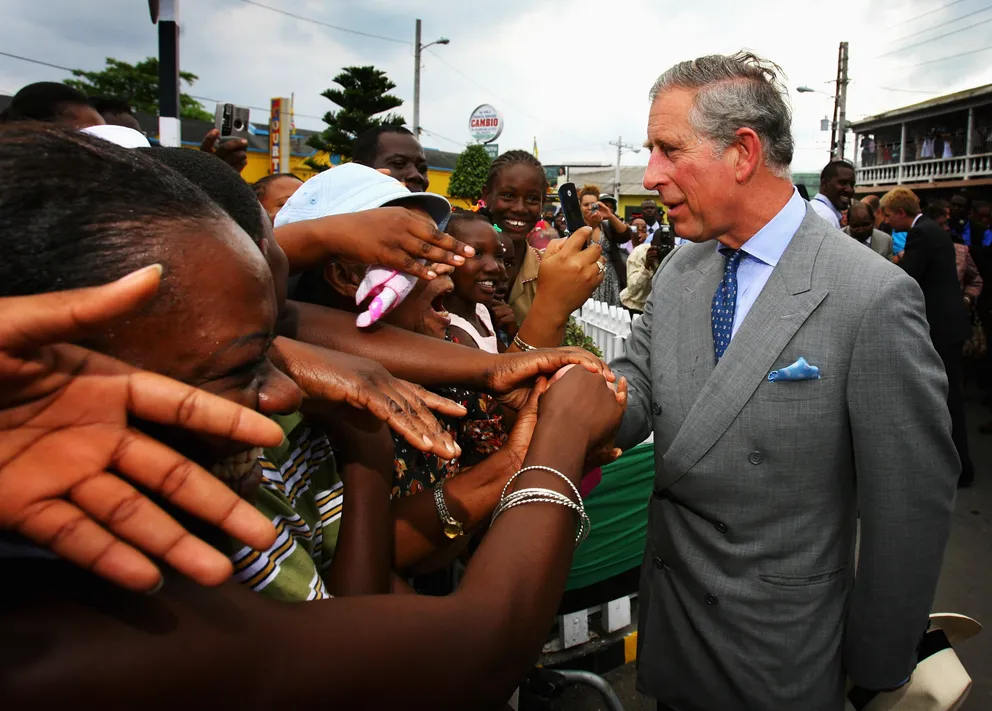
In response to these concerns, Malahoo Forte stated that the administration of Prime Minister Andrew Holness has implemented a “phased reform approach,” with plans for judicial changes, including court reforms, to be addressed in a later phase.
She further explained, “For many years, a lot of work was done, but we have never progressed to getting the bill in parliament. To amend the constitution’s provisions on the monarchy, a bill must be tabled, as these provisions have the highest level of legal protection.”
Jamaica has tabled a bill to get rid of King Charles as their head of state, meaning the country could become a republic.
Despite gaining independence in 1962, the Caribbean country is one of many former British colonies that still has the monarch as their head of state. . pic.twitter.com/AT0lChIjlm
— Channel 4 News (@Channel4News) December 13, 2024
Jamaica’s decision is part of a larger movement in the Caribbean, with countries like Guyana, Trinidad and Tobago, Dominica, and Barbados shifting to republics. Following the coronation of Charles in May 2023, experts observed a noticeable drop in support for the British monarchy in the region.
“The acceptance [Jamaicans] had towards Queen Elizabeth has not been transferred to Charles. He is not a very endearing person. It makes it really difficult for me and for a lot of people in Jamaica to think that Charles III is king of Jamaica,” said veteran lawyer Hugh Small, a member of the constitutional reform committee.
Small also expressed disapproval of Jamaica’s continued reliance on the UK-based Privy Council as its highest appellate court, arguing that it contradicts the idea of republicanism.
“I think that it would be inconsistent with our status as a republic to be going to the court of King Charles of Britain to ask for a little bit of justice. We need to end that relationship as quickly as possible,” Small suggested.
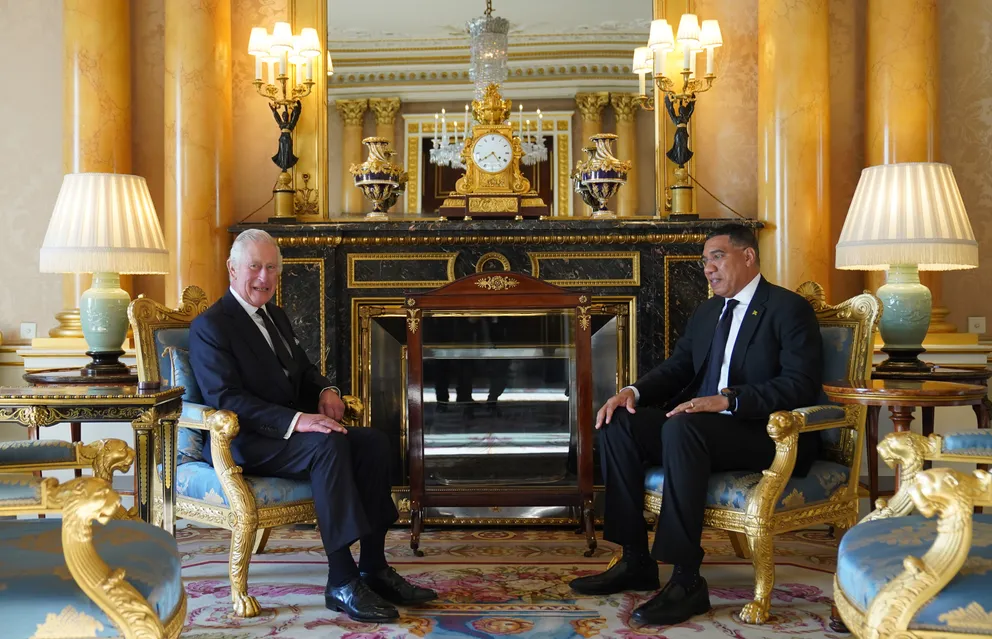
The Republican movement in Jamaica coincides with increasing demands for reparative justice related to the transatlantic slave trade. Dr. Sonjah Stanley Niaah, who leads the Centre for Reparation Research, referred to the bill as “an important signal that Jamaica is now committed to this process.”
Niaah further stated, “We want to be able to support the advancement of true sovereignty, and I think this is what this move is about. That Jamaica is taking sovereignty seriously and sovereignty at the level of determining its own form of government.”
The initiative to eliminate Charles as the head of state comes amid accusations of undisclosed financial channels linked to the royal family’s wealth.
An investigation conducted by The Sunday Times and Channel 4’s Dispatches last November exposed extensive property holdings owned by Charles and Prince William, shedding light on how these estates generate significant private income.
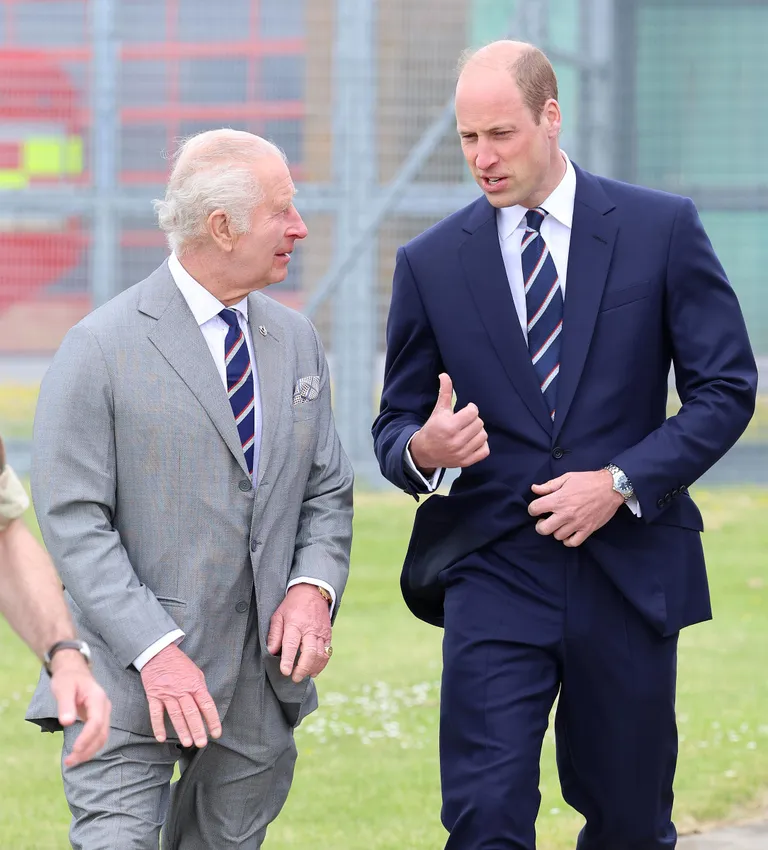
A five-month investigation uncovered the financial operations of the Duchy of Lancaster, managed by Charles, and the Duchy of Cornwall, overseen by William, revealing substantial income from “commercial rents,” land privileges, and exemptions. These medieval-origin estates remain private royal holdings and generate millions annually through fees for land use, including by public services like the NHS and private entities. Examples include a $14.2 million lease by the NHS and $1.94 million annual fees from the Ministry of Justice for Dartmoor Prison.
The report claims the estates also benefit from a tax exemption, avoiding corporate taxes on profits, further enhancing royal wealth. These practices position the royal family as major private landowners with independent income streams separate from public funds.
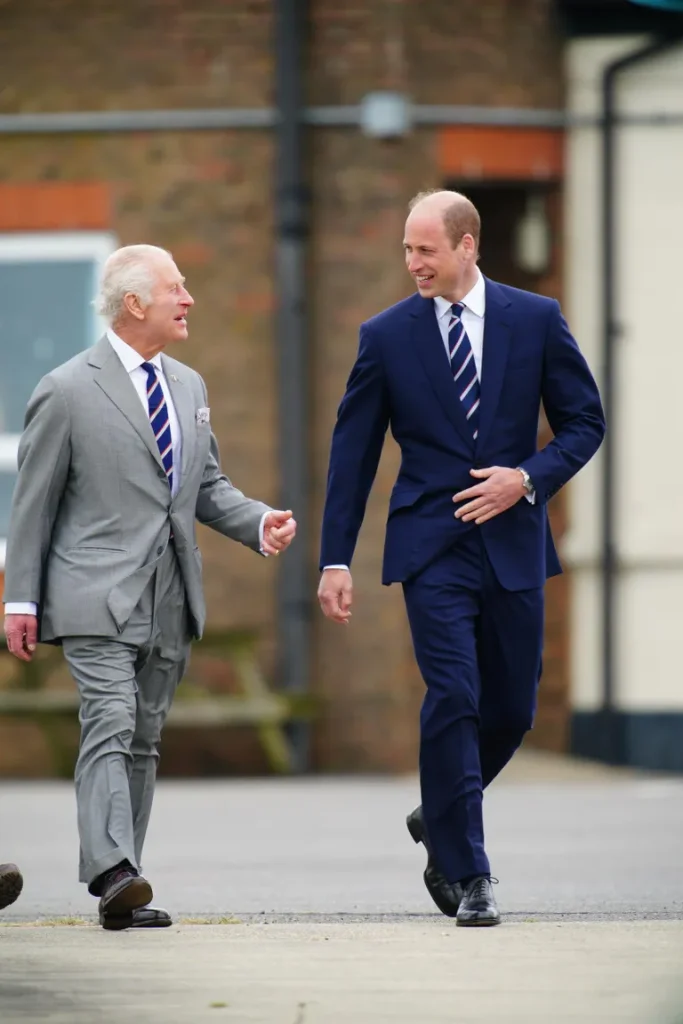
Charles and William were able to retain a greater portion of the estates’ earnings thanks to this exemption. Nonetheless, by willingly paying income tax on their duchy profits, both royals attempted to demonstrate their financial contributions.
For example, in 2021–2022, Charles paid $7.6 million in income tax at a rate of 45 percent on the revenues he earned from the Duchy of Lancaster. However, he claimed deductions for costs he believed were required for official obligations, which decreased his taxable income.
Although he has not revealed his tax contributions since acquiring the Duchy of Cornwall in 2022, William is said to employ the same tax strategy. This voluntary tax arrangement is reminiscent of Queen Elizabeth II’s strategy, in which she concealed information about her own taxes while in power.
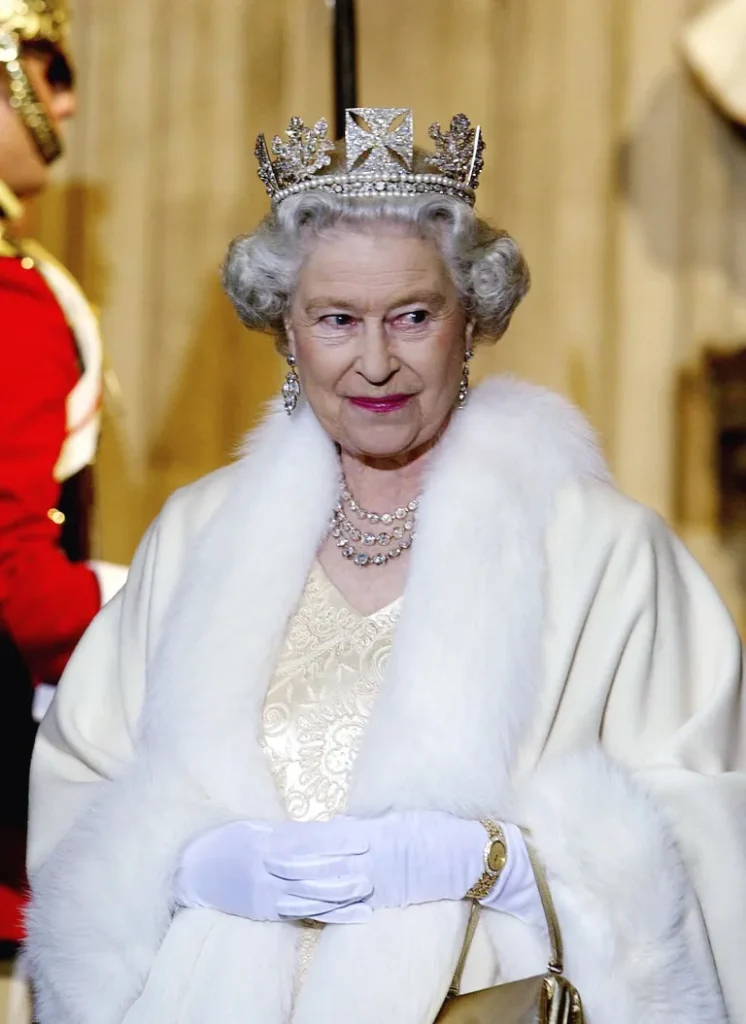
The Duchy of Lancaster and the Duchy of Cornwall, according to the report, were run like businesses, with executive teams and specialized councils in charge of day-to-day operations.
The estates were managed by experts who dealt with investments, property management, and environmental projects, but Charles and William have remained involved, particularly in important choices.
A representative for the Duchy of Lancaster stated that the estate complies with all applicable UK legislation. It upgraded its properties for greater energy efficiency with an emphasis on environmental concerns.
After assuming control of the Duchy of Cornwall in 2022, William allegedly imposed high standards for his holdings. With an emphasis on the social and environmental effects, he unveiled a strategy to achieve net zero for the Duchy of Cornwall by 2032.
It was said that under his direction, the duchy started funding mental health services for its renters and collaborated with neighborhood groups to tackle problems like homelessness in Cornwall. Along with these efforts, William also made adjustments to the estate staff.
He dismissed Queen Camilla’s sister, Annabel Elliot, a veteran interior designer for the Duchy of Cornwall, from the estate’s staff earlier this year. This change, as well as others, demonstrated William’s attempts to personalize the duchy’s administration and bring it into line with his future goals.
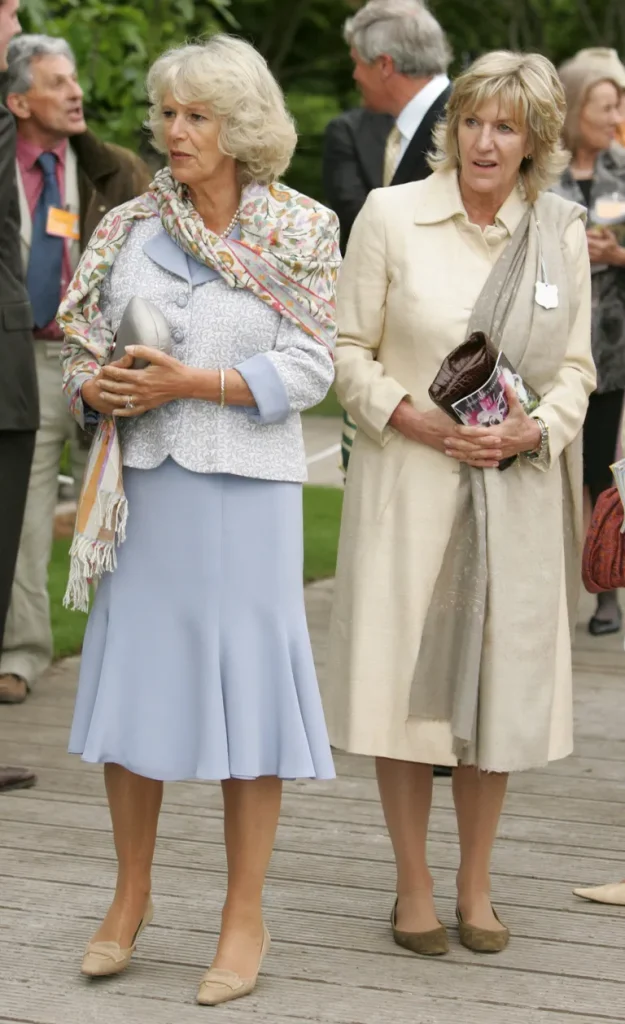
Charles made significant choices that affected the family’s financial structure in addition to William’s adjustments. He made a significant step by cutting off his brother Prince Andrew’s financial support and removing him from the royal coffers.

This move highlighted Charles’ determination to reform royal finances, emphasizing his efforts to establish a monarchy that is both modern and financially self-sufficient. Collectively, these changes signified a push toward stricter oversight and greater transparency regarding the royals’ personal and public financial matters.
The findings from the investigation prompted varied reactions from the public, with social media buzzing with diverse opinions on the royals’ sources of income.
Some online users commented with remarks like “Karma is coming knocking at their palaces [sic]” and “The greed is real.” Others dismissed the controversy, describing the charges as “just a typical landlord/tenant agreement,” viewing it as a standard procedure.
On the other hand, several individuals defended the royal family’s practices. One user stated, “Good for them. At least someone knows how to balance the books.” Another remarked, “It’s no different than any city that charges for all of the things mentioned,” while a different user added, “Good for them…not our business.”
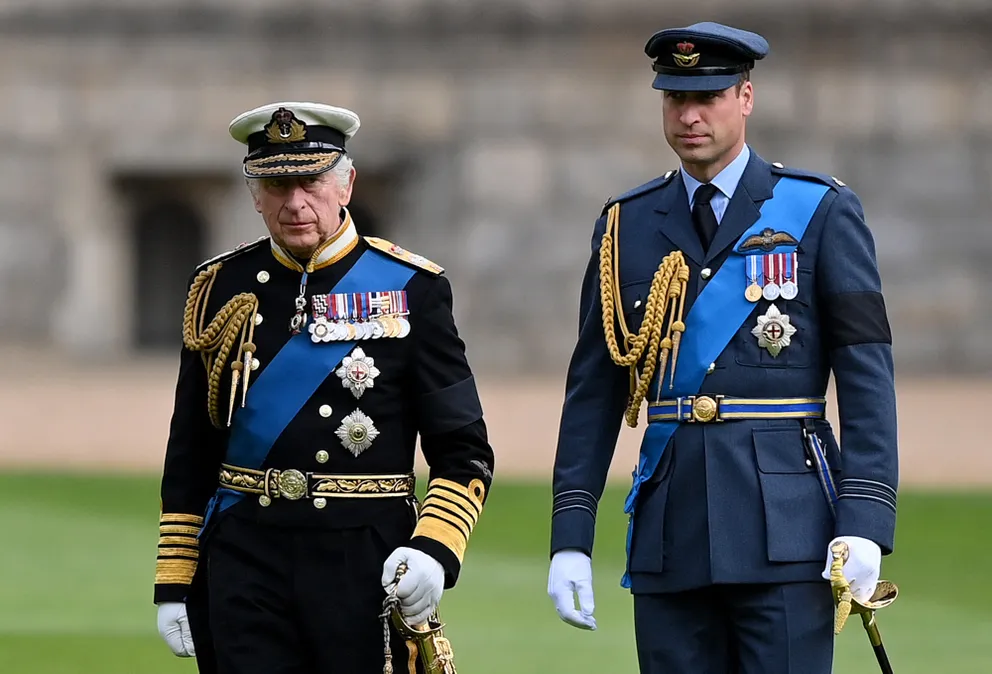
According to some, the royals’ purported revenue streams demonstrate that they manage their estates in the same way as any other company. Others dispute the monarchy’s role in contemporary society in light of the estimated magnitude of their riches.
These events, which range from Jamaica’s path to independence to disclosures of royal wealth, bring to light ongoing discussions about responsibility and authority.


